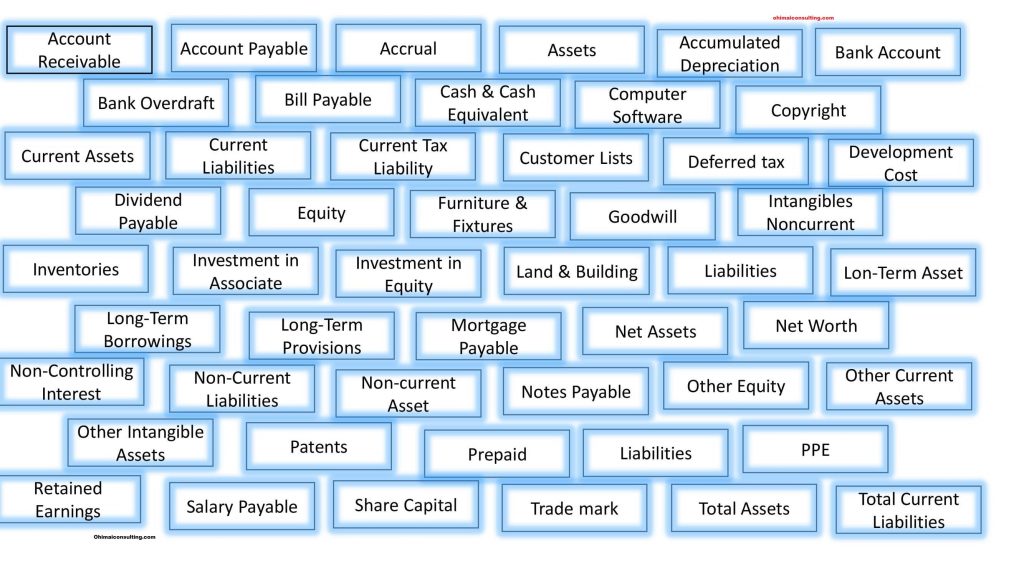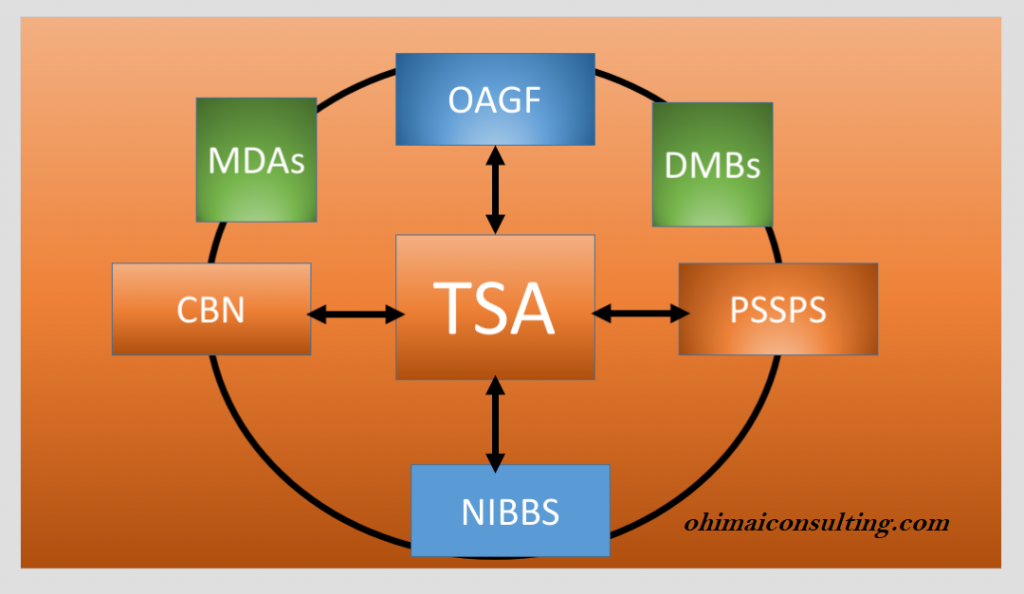Alternative Dispute Resolution in Nigeria.

Alternative Dispute Resolution in Nigeria is practiced within Nigeria at the institutional and individual level with and without the involvement of the court system.
The list of institutions that practiced ADR in Nigeria, namely, The Chambers of Commerce, private enterprises, industry groups etc. In the case of individuals are judges, specially trained practitioners (i.e. arbitrators, mediators, accountants), elders, traditional rulers, chiefs, religious leaders.
The practitioners involved in ADR is industry-specific that have technical expertise in specific areas like environmental disputes, labour disputes, family law, etc.
Furthermore, the current Nigerian laws have sufficient provisions that have addressed Alternative Dispute Resolution in Nigeria and the methods in resolving disputes.
These provisions of the laws are discussed below.
(1) The 1999 Constitution
The Constitution is the supreme law of the land that endorses arbitration. Section 19(d) of the Constitution states that part of Nigeria’s foreign policy objective is respect for international law and treaty obligations. Nigeria also seeks for settlement of international disputes by negotiation, mediation, conciliation, arbitration and adjudication.
(2) Arbitration Laws
Nigeria, like other progressive countries, has subscribed to many international ADR Laws and Rules. The United Nations Commission on International Trade Law (UNCTRAL Model Law of 1985) and UNCITRAL Arbitration Rules domesticated in Nigeria under the Arbitration and Conciliation Act (ACA).
(3) Other Federal Acts
Nigerian body of laws is replete with several statutes that provide for arbitration or other ADR mechanisms. However, a fewer list is mentioned below of the law and the applicable sections:
- Sections 11 and 30 (4) of the Matrimonial Causes Act (Cap. M7 LFN 2004). This section talks about reconciliation between the husband and wife or parties. As they can get the Marriage conciliator to take an oath of secrecy to settle out of court.
- section 2, Consumer Protection Council Act, (Cap C25 LFN 2004),
- sections 29 and 33, of the Environmental Impact Assessment (EIA) Act (Cap. E12 LFN 2004),
- Sections 4, 8, 9, 20, 22 of the Trade Disputes Act (Cap. T8 LFN 2004),
- section 11 of the Petroleum Act(Cap. PI0 LFN 2004),
- section 26 of the Nigerian Investment Promotion Commission Act, (Cap. N17 LFN 2004);
- section 27 of the Public Enterprises (Privatization and Commercialization) Act, (Cap. P38 LFN 2004),
- section 22 of the Nigerian LNG (Fiscal Incentives, Guarantee and Assurance) Act (Cap. N87 LFN 2004),
- Section 49 of the Nigerian Co-operative Societies Act (Cap. N98 LFN 2004);
- section 5 of the National War College Act (Cap N82 LFN 2004);
- sections 3 and 6 of the National Boundary Commission, Etc. Act; (Cap. N10 LFN 2004),
- section 3 of the Advisory Council on Religious Affairs Act (Cap. A8 LFN 2004);
- section 4 of the National Office for Technology Acquisition and Promotion Act( Cap. N62 LFN 2004),
- section 4 of the Nigerian Communications Commission Act (Cap. N97 LFN 2004) etc.
(4) Court Laws and Rules
Lastly, Court laws and rules govern procedures and proceedings for the conduct of business in the court.


